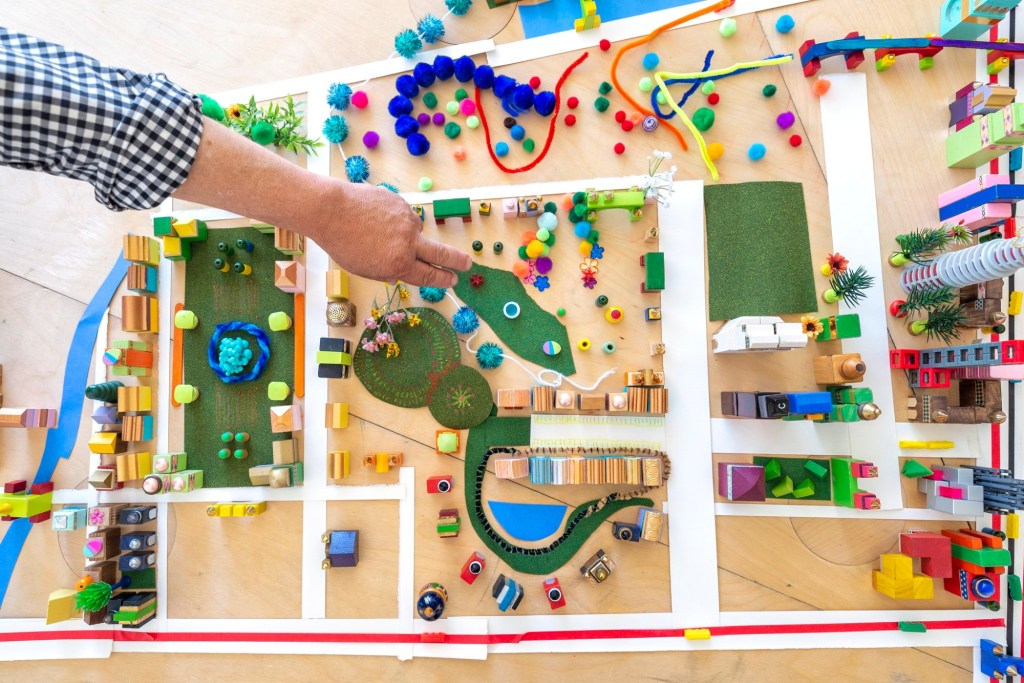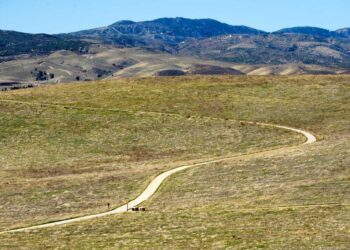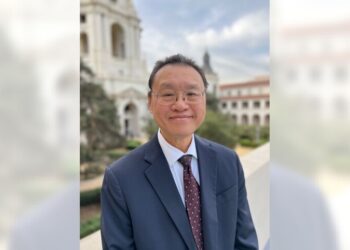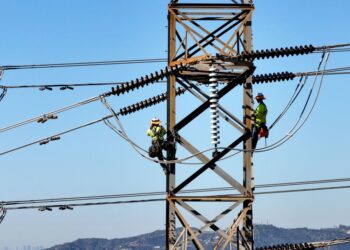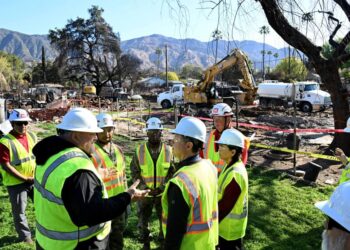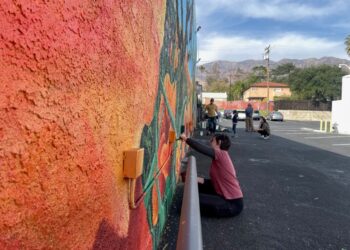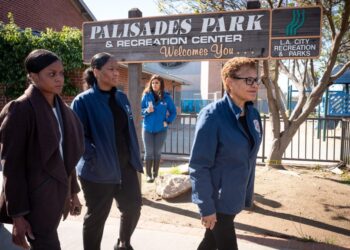The Pasadena community working group tasked with shaping the future of the 710 freeway “stub” found themselves on two trains of thoughts regarding the site’s redevelopment.
During Monday’s special Reconnecting Communities 710 Advisory Group meeting, which focused on the general plan’s guiding principles, the conversation turned into a lively exchange.
Some members advocated for a people-centered, restorative justice approach, while others emphasized prioritizing ease of transportation in the vision.
The “stub” — or an unfinished portion of the freeway — was once the home to more than 4,000 residents, primarily from low-income and minority communities, who were displaced when Caltrans used eminent domain nearly six decades ago to clear the land for the freeway extension that never materialized.
Since the state agency relinquished the land back to Pasadena in 2022, the city has engaged in efforts to redevelop this area. The project includes a master plan component headed by architectural firm Perkins Eastman.
Representatives from the firm outlined six organizing concepts that will guide the creation of a framework for the project, staff said. They include physical reconnection, place creation, community cohesion, economic vitality, ecosystem health and community health.
Vice Chair Remy De La Peza suggested taking a more people-centered approach in the project and making sure that restorative justice doesn’t get lost as an overarching value.
“I think in planning we can often focus on buildings and the architecture or the historic resources pieces, usually referring to things, objects, buildings, the infrastructure,” she said. “But how do we continue to frame all of these concepts in a very people-centered way so that we’re talking about how that impacts the individual experience and the people of Pasadena.”
This project could be an opportunity “to reconnect people and stories and histories of what happened, so that that is now shared more…
Read the full article here

